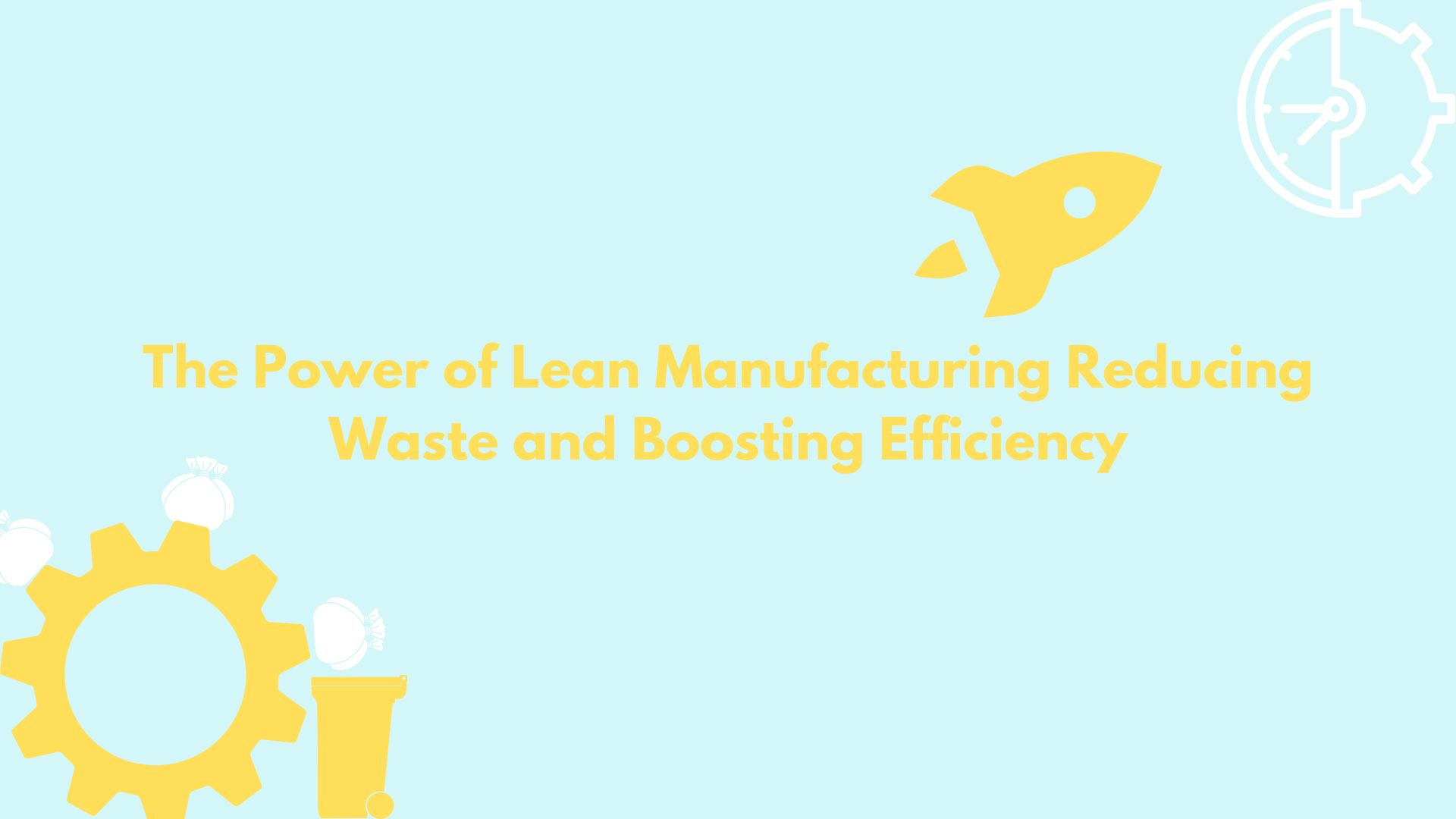ntroduction
Manufacturers today face the challenge of meeting growing customer demands while minimizing costs and waste. Lean manufacturing provides a framework to achieve these goals by focusing on operational efficiency, waste elimination, and continuous improvement. This blog will delve into the principles, benefits, and real-world applications of lean manufacturing.
What Is Lean Manufacturing?
Lean manufacturing is a production philosophy that prioritizes delivering value to customers while minimizing waste in processes. Originating from Toyota’s Production System, it has become a cornerstone of modern manufacturing practices.
Core Principles of Lean Manufacturing
- Define Value
Understand what your customers truly value. This insight allows you to focus resources on delivering high-quality products or services that meet customer expectations. - Value Stream Mapping
Map out the production process to identify bottlenecks and non-value-adding activities. Address these inefficiencies to streamline operations. - Flow and Pull Systems
Ensure a steady workflow and produce items based on real-time demand, avoiding overproduction and excessive inventory. - Continuous Improvement (Kaizen)
Foster a culture where every employee—from the shop floor to management—actively seeks ways to improve processes.
Benefits of Lean Manufacturing
- Cost Reduction
By eliminating waste, manufacturers can significantly cut production costs. Examples of waste include overproduction, excess inventory, and downtime. - Quality Enhancement
A focus on precision and reducing defects improves product quality and customer satisfaction. - Faster Delivery Times
Streamlined processes lead to reduced lead times, helping businesses meet tight deadlines.
Real-World Applications of Lean Manufacturing
- Toyota
Toyota’s success story is a testament to the power of lean principles. By focusing on just-in-time production and quality control, they set benchmarks in automotive manufacturing. - Healthcare Industry
Hospitals use lean strategies to optimize patient flow and reduce wait times, demonstrating its versatility beyond traditional manufacturing.
Conclusion
Lean manufacturing is more than a methodology—it’s a mindset. By eliminating waste, optimizing processes, and embracing continuous improvement, manufacturers can achieve greater efficiency, higher quality, and increased customer satisfaction. In today’s competitive market, adopting lean principles is no longer optional—it’s essential for long-term success.









